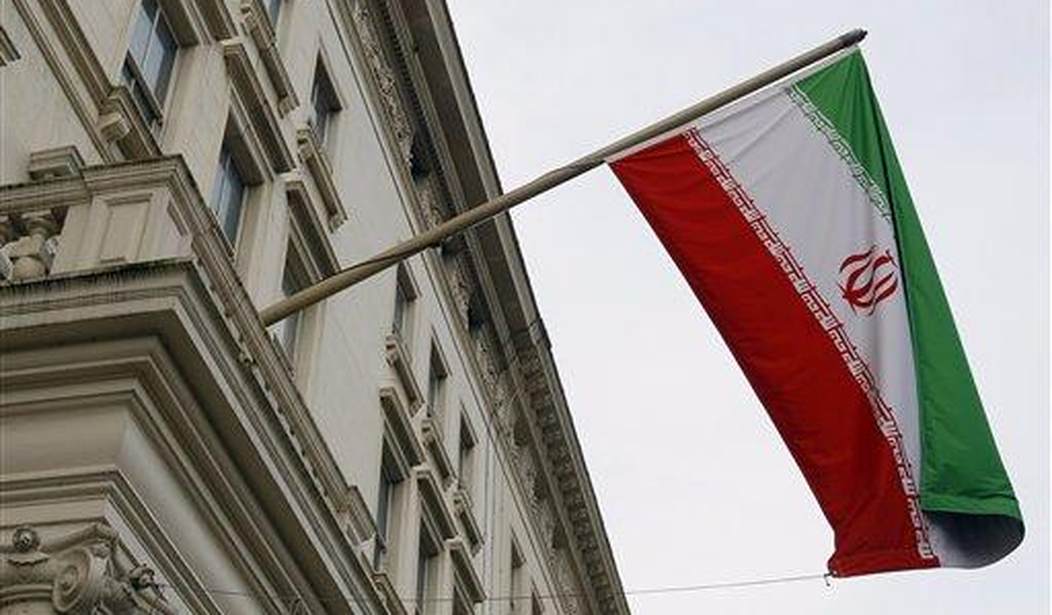February 11 marked the anniversary of the overthrow of Mohammad Reza Pahlavi's monarchy in Iran in 1979. I have lots of bittersweet memories of that time.
I began my career as a political activist as an undergraduate student at UCLA in the early 1970s, highlighting the Shah’s brutal repression and rampant corruption along with other like-minded students. At one point I even traveled to Neauphle-le-Chateau in November 1978, where Khomeini stayed prior to his return to Iran from exile.
I quickly discovered that Khomeini and his entourage were completely alien to the concept of freedom and other aspirations of protesters in Iran. My assessment turned out to be correct when Khomeini usurped the revolution and placed himself as head of a theocracy. Two years later, his new regime began a reign of terror that killed my brother, among tens of thousands of others. Hossein, only 11 months older than me, was a US-educated aeronautical engineer and a prolific writer and editor with a bright future ahead of him.
The tragedy of Khomeini, however, should not diminish the legacy of selfless revolutionaries who pursued the Shah’s overthrow for the good of their country. It is their legacy that should be remembered throughout the world and especially in democratic nations, particularly at a time the current protest movement stands to realize Iran's democratic potential.
The ongoing uprising is now in its sixth month. The ayatollahs’ regime has responded with predictable brutality, just as the Shah’s regime did in the 1970s. More than 30,000 protesters have been taken prisoner so far, according to reports from the network of the leading pro-democracy opposition, the People’s Mojahedin Organization of Iran (PMOI/MEK). Four protesters have been hanged and there are concerns over the possibility of mass killings.
Recommended
One key aspect of the uprising has been its persistence. State executions have not intimidated a public that has already defined more than 750 killings by security forces and the Islamic Revolutionary Guard Corps (IRGC). Detained protesters are tortured and pressed to give false confessions, but the Iranian people's extraordinary resistance continues. Protests break out in different localities on a daily basis.
Fanciful speculations about the imminent end of the uprising is a direct analog to what I observed in 1978, when the Shah’s ouster was considered unthinkable. State repression did create lulls in the protests. But they were always short-lived. And so it is today. In the end, people's anger toward the ruling system intensifies, and they return to the streets with even greater commitment, with the MEK-affiliated “Resistance Units” playing a key role.
Much like in 1979, the ongoing uprising will lead to a revolution. But this time, there will be no duplicitous figure such as Khomeini waiting in the wings to derail the people’s democratic aspirations. Iran's democratic future has been protected by a modern and secular platform espoused by Mrs. Maryam Rajavi, the President-elect of the democratic coalition National Council of Resistance of Iran (NCRI). Mrs. Rajavi's 10-point plan for Iran’s future affirms a commitment to the separation of religion and state and respect for women's and minority rights.
In the course of my activism over the past four decades, I have seen an increasing number of Western lawmakers and foreign policy experts learning to share my optimism. But there are still many so-called realists on the international stage who dismiss the possibility of Tehran’s transformation or insist that the mullahs’ ouster will only lead to chaos and uncertainty. The same mindset could not imagine an Iran without the Shah.
As we approach the 44th anniversary of the revolution that surprised so much of the world, a new era is dawning for the Iranian people. An atmosphere of change is pervasive, and optimism is prevalent. On February 12, thousands of Iranians will take part in a major protest in Paris in support of the uprising for a democratic republic in Iran. Western powers should avoid the mistakes of the 1970s by tapping into that optimism and placing themselves on the right side of history.
They should help the Iranian people to achieve their democratic ambitions as quickly and with as little bloodshed as possible. Multilateral sanctions on regime officials and affiliated organizations should be as comprehensive as possible. The IRGC should be designated as a terrorist organization in the United Kingdom and the European Union, and all relevant governments and international bodies should recognize the right of the Iranian people to defend themselves against such repressive forces.
After implementing these measures, it should be much more difficult for the Western world to be taken by surprise when the Iranian people throw off the current dictatorship as they did its predecessor.

























Join the conversation as a VIP Member